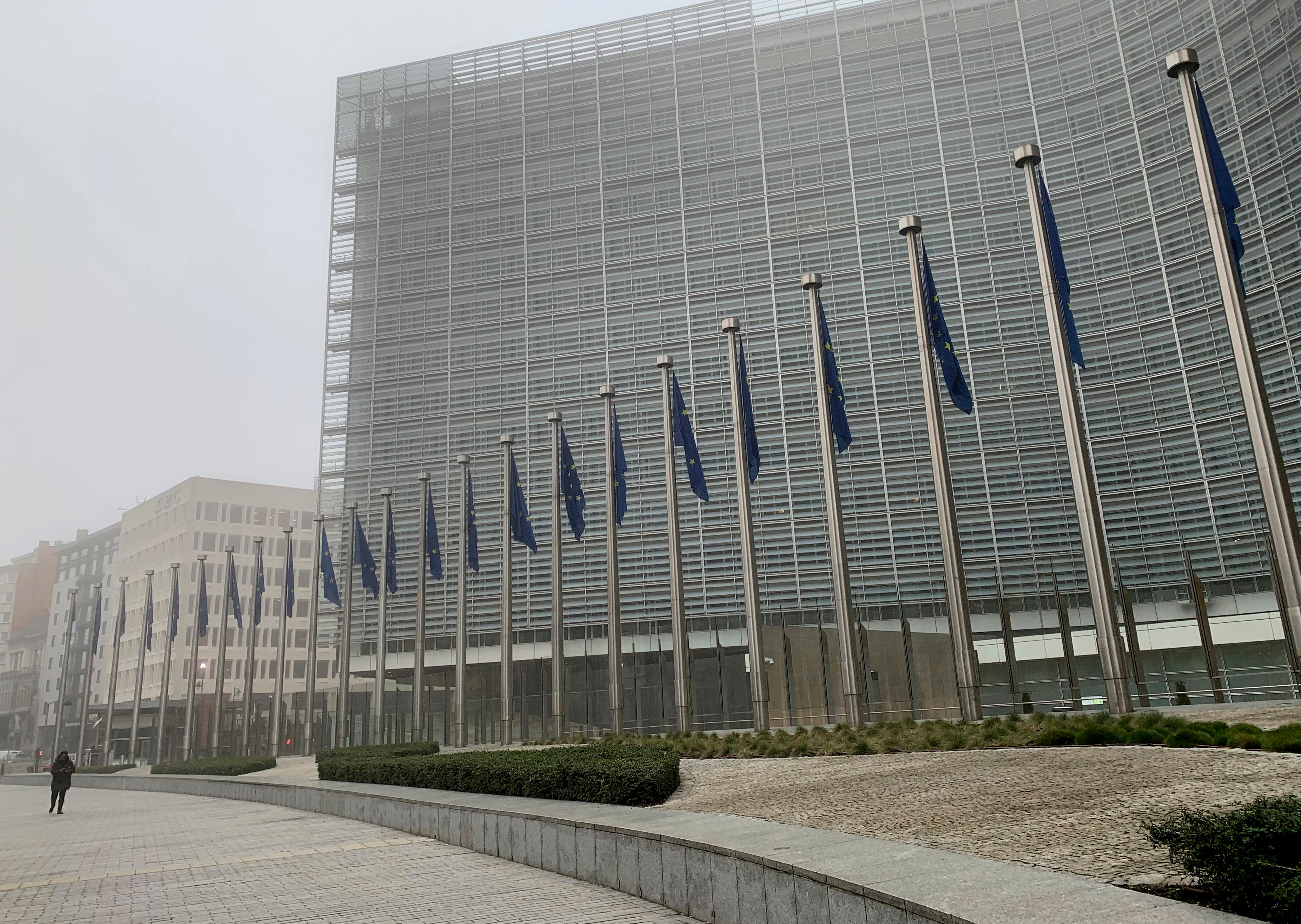EU auditor: Fossil fuels get more tax breaks than renewables
The European Union’s external auditor says the amount that energy sources are taxed doesn't mirror their greenhouse gas emissions

European Union nations often still tax and subsidize their energy sources in contradiction with their committed climate goals, and a majority spend more supporting fossil fuels than renewables.
After reviewing carbon pricing measures, energy taxation levels and energy subsidies in the 27-country region, the EU’s external auditor warned Monday that the amount that energy sources are taxed does not mirror their greenhouse gas emissions.
The European Court of Auditors found that more polluting energy sources may get a tax advantage compared with others with better carbon efficiency. Coal, for instance, is on average taxed less than natural gas — which is more carbon efficient — and some fossil fuels are taxed less than electricity, which could be produced by low-carbon sources.
Auditors said their review aims to contribute to the debate around the European Commission proposal to change the bloc's energy tax directive, which sets minimum tax levels.
They noted that while a majority of EU countries impose high taxes on fuels, several others keep taxes close to the minimum.
“Low carbon prices and low energy taxes on fossil fuels increase the relative cost of greener technologies and delay the energy transition," they said.
Within the EU, energy taxes make up 78% of total environmental taxes worth 330 billion euros ($370 billion) per year.
Fossil fuel subsidies in the EU have remained largely constant over the past 10 years — around 55 billion to 58 billion euros (about $62 billion to $65 billion) per year — which auditors say has hindered the transition toward a greener economy.
Member countries provided about two-thirds of the aid through tax exemptions or reductions.
While renewable energy subsidies are higher across the bloc, 15 EU countries spend more supporting fossil fuels than renewables.
The European Commission and some member countries have committed to phase out fossil fuel subsidies by 2025, but the auditors said it “will be a challenging social and economic transition.”
The European Court of Auditors, however, said renewable energy subsidies almost quadrupled between 2008 and 2019 and that the use of renewables to produce electricity went up in all member countries over the last decade.
As part of the “European Green Deal," the EU has committed to cutting greenhouse gas emissions by at least 55% by 2030 compared with 1990 levels. Brussels also is aiming to become “climate neutral” by midcentury. Scientists say this goal needs to be achieved to keep average global temperatures from rising above 2 degrees Celsius (3.6 F) by 2100.
The EU's executive branch has proposed creating a carbon market for buildings and vehicles, which would not be tied to the current EU emission trading system that it wants to extend to ships. The EU also is considering a carbon tax on imports from countries that don’t have the same environmental restrictions.
The commission says a carbon market for buildings and vehicles should contribute to a 43% decrease in emissions in those sectors by 2030 compared with 2005. The proposal has proved divisive as critics warned about the social risks in the wake of the “yellow vest" protests over a planned fuel tax that rocked France in 2018.
Among the challenges in revising the EU legislation, auditors highlighted the need for unanimity on taxation issues and to reconcile climate objectives with social needs.
“The social impact of the different initiatives can be significant and can have a negative impact on the transition to a greener economy if not addressed," they said. “Perception of unfair treatment for some groups or sectors may result in resistance to progress in this area."
___
Follow AP’s climate coverage at https://apnews.com/hub/climate
Bookmark popover
Removed from bookmarks